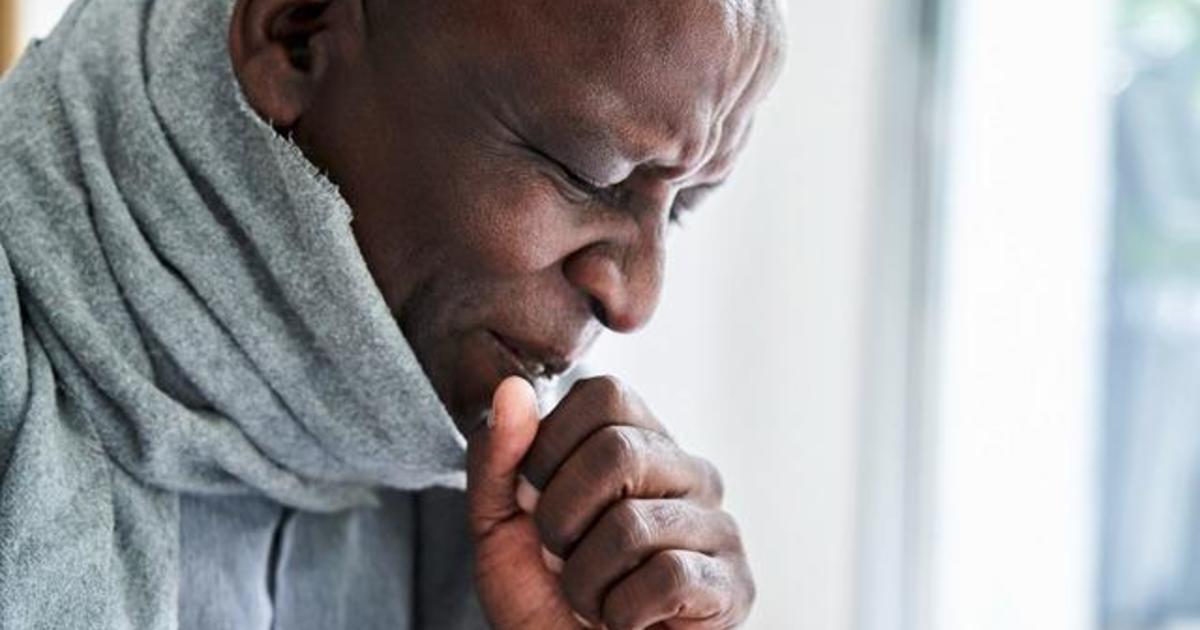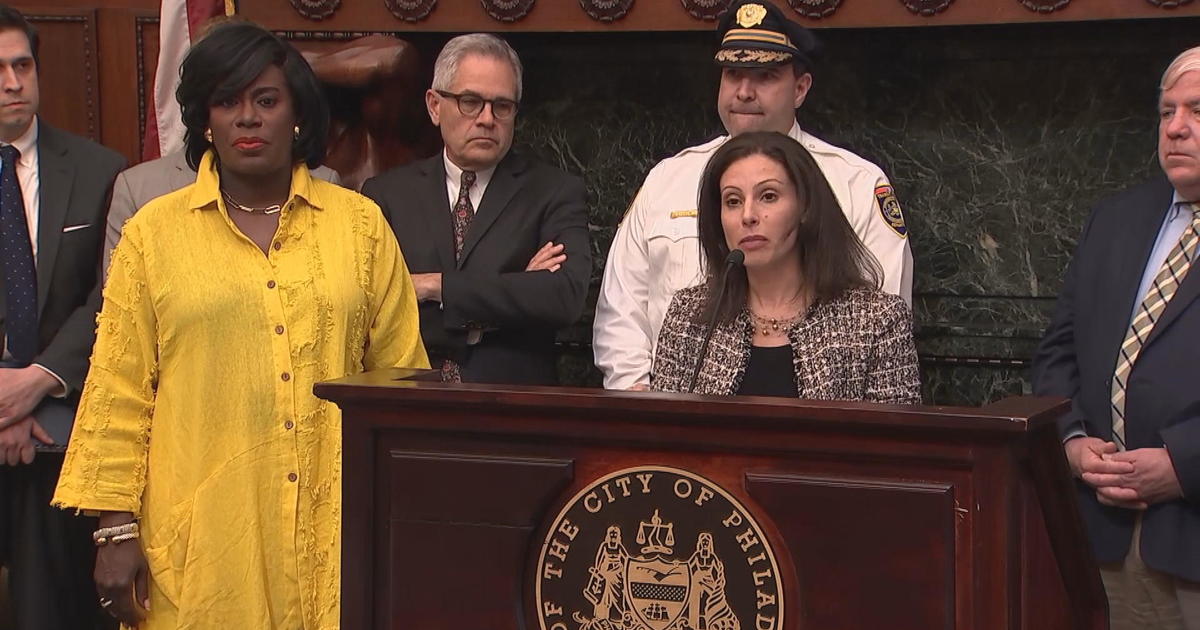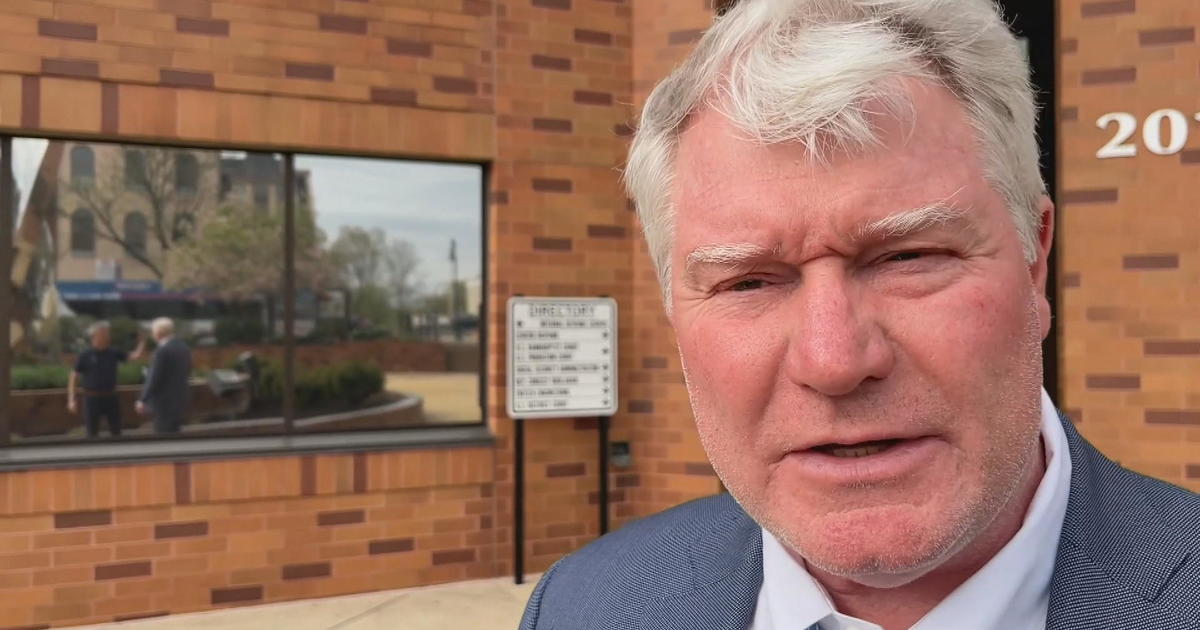Philadelphia In Second Wave Of COVID-19, Residents Should Avoid Social Gatherings With Family, Health Commissioner Says
PHILADELPHIA (CBS) -- With a second wave of COVID-19 taking hold in Philadelphia, health officials on Tuesday announced an extension of restrictions on indoor dining for another month. Additionally, family interactions have been identified as a new source of infection.
Pennsylvania reported more than 1,000 new infections for the third time in less than a week.
Also today, Philadelphia Health Commissioner Dr. Thomas Farley says socializing with family members should be off-limits. It's the latest effort to stop the spread of COVID-19.
"The second wave of the epidemic has now reached Philadelphia," Farley said.
There's been a significant increase of coronavirus cases in the region, mainly among young people.
Philadelphia is now averaging 164 new cases a day, and contact tracing shows a new source of infection.
"This is really being spread within families and at social events," Farley said. "Your relatives are no less likely to have COVID than strangers. Anybody can have this infection and not know it. You should assume that anybody you're around has an infection."
The health commissioner says because most people don't wear masks at family gatherings the city has a new directive.
"We're recommending people avoid social gatherings, including social gatherings with your relatives," Farley said.
Farley also announced the city will continue to prohibit indoor dining until Sept. 1.
"Indoor dining is inherently risky -- people are indoors, where we know the risk is greater -- people not wearing masks because they're eating and drinking," Farley said.
Philadelphia now has 25 states on its travel advisory, COVID hot spots that people should avoid or self-quarantine after visiting.
"This represents a period of genuine risk where the epidemic is likely to be worse before it gets better," Farley said.
Also on Tuesday, the state Health Department says its universal testing at long-term care facilities is 100% complete, so they can resume activities if the facilities are free of coronavirus for a period of time.
"This was an essential step to ensure that we further protect residents and staff within these vulnerable communities," Pennsylvania Secretary of Health Dr. Rachel Levine said.
Most of the deaths from COVID-19 have been among elderly people in long-term care facilities, but that trend has now started to level off.
However, there has been an increase in people visiting emergency departments with symptoms of coronavirus.



